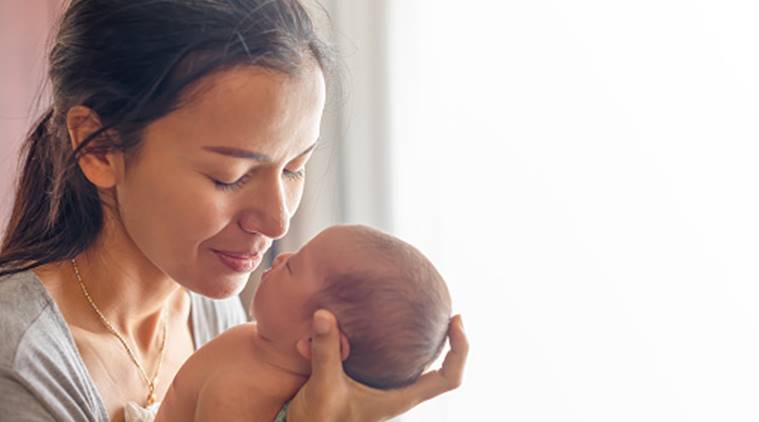Approximately one in eight children are born preterm. Preterm children are at a greater risk for excess hospitalisation and developmental difficulties after Neonatal Intensive Care Unit (NICU) discharge.

By Abha Ranjan Khanna
Baby Surya was born prematurely at 28 weeks and weighed just 1800 gm. He spent four weeks in the Neonatal Intensive Care Unit (NICU) and came home to his parents at 32 weeks of age. He had gained 300 gm and weighed 2100 gm. His parents were delighted, relieved and yet apprehensive about how they would nurture his development and meet his unique needs.
Approximately one in eight children are born preterm. Preterm children are at a greater risk for excess hospitalisation and developmental difficulties after NICU discharge.
There has been little focus on how to promote health and wellness for children born preterm. Therefore, health care delivery for NICU graduates is fragmented, with little guidance on help with education and support for the management after discharge from the hospital/medical system.
Baby Surya’s parents reached out to me when he was 10 months old, after a Google search. This started a wonderful collaboration on how to nurture Surya’s development. His parents reached out because they were concerned about his development, and rightly so, as even at 10 months of age he was not responding to them socially and emotionally.
Surya was not responding to his name; his speech was delayed, and he was not connecting with his parents. On evaluating their situation, it was noted that both parents were working professionals with very little support systems for their nuclear family. Further, they were made to believe by family and friends around them that all children just grow up onto functioning adults and any delays in Surya’s development were just temporary and he would outgrow them.
When Surya’s parents realised that something felt not quite right, his mom contacted me and we developed a schedule of daily routines such that Surya’s daily routine would be filled with nurturing care, tender loving response, nutrition, music, storytelling, environmental exploration, play, communication and further understanding of Surya’s needs.
Also Read| Neonatal care: Incubation for preterm babies explained
Currently, Surya is three years old and doing great in an inclusive play school in Gurugram. The parents, teachers, administrators and helpers are all child-centred and family focused. No one shouts or hits kids, no one in that play school discriminates between boys’ and girls’, transgenders, disabled or mentally anguished.
That’s the final dream.
(The writer is an occupational therapist.)
For all the latest Parenting News, download Indian Express App
Source: Read Full Article



